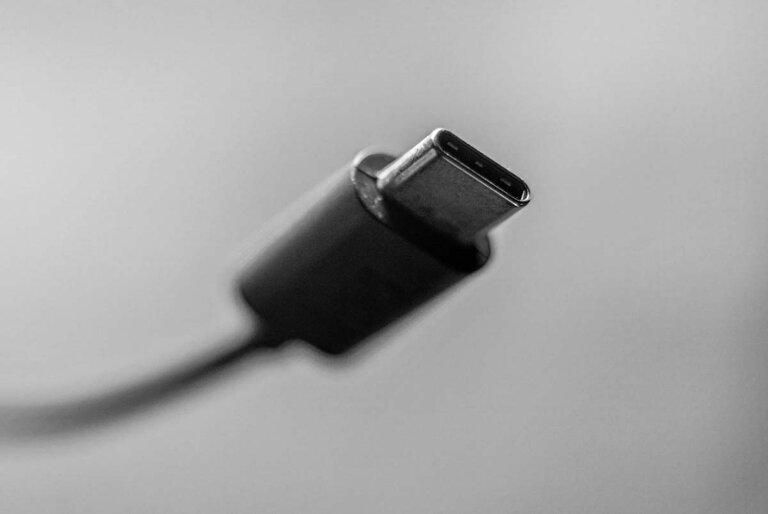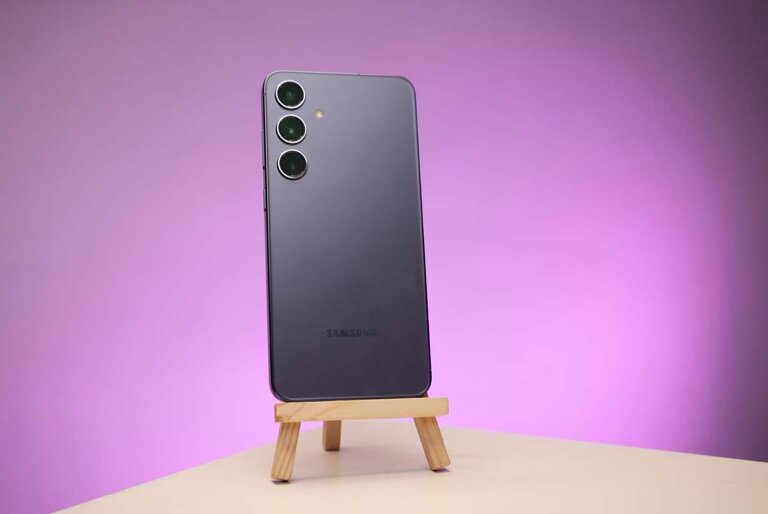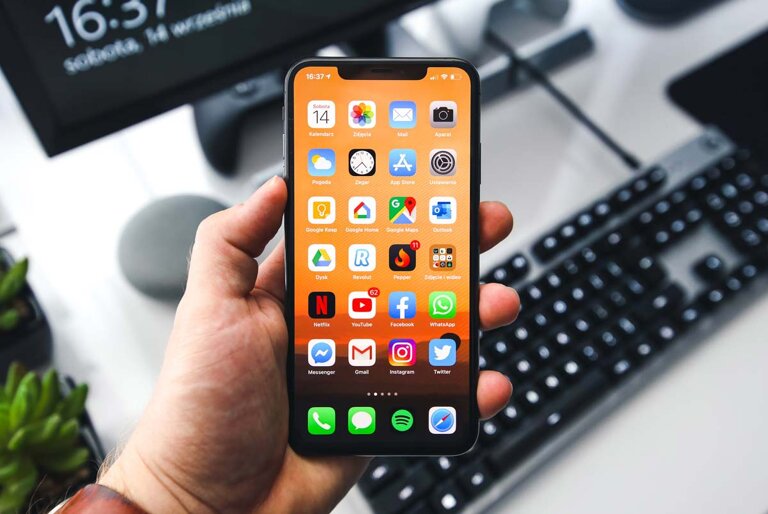Saudi Arabia announced a new law that will require all electronic devices sold in the country to have USB-C ports for charging and data transfer. The law, which aims to improve user experience, reduce costs and e-waste, and enable high-quality data transfers, will take effect in two stages.
The first stage will start on January 1, 2025, and will apply to mobile phones and other electronic devices such as headphones, keyboards, speakers, routers, etc. The second stage will begin on April 1, 2026, and will cover laptops and portable computers.
The decision was made by the Saudi Standards, Metrology, and Quality Organization and the Communications, Space, and Technology Commission, which said that consumers will save SAR 170 million (about USD 45 million) and reduce usage of chargers by more than 2.2 million units annually. The law is also in line with the European Union’s regulation that mandates a common USB-C charging port for all new technology products sold in EU countries from the end of 2024.
The law could have implications for Apple, the only major smartphone maker that still uses its own proprietary Lightning port for its iPhones. Apple has been reluctant to switch to USB-C, arguing that it would stifle innovation and harm consumers. However, the company has already adopted USB-C for its MacBooks and iPads, and some rumors suggest that it might do the same for its upcoming iPhone 15 series this September.
If Apple does make the change, it could benefit from a more streamlined product line and wider compatibility with other devices and accessories. It could also avoid potential fines or bans in markets that enforce the USB-C standard. However, it could also face backlash from customers who have invested in Lightning-based products and accessories over the years.
Whether Apple will follow Saudi Arabia and the European Union’s lead or not remains to be seen, but one thing is clear: USB-C is becoming the universal standard for the wired connection of smart devices.
Via
Image: Unsplash




